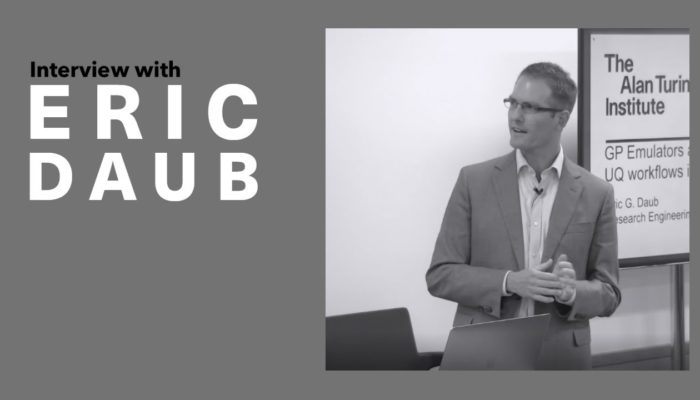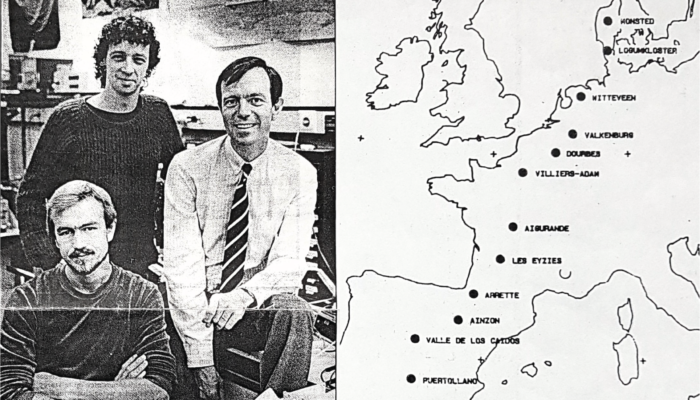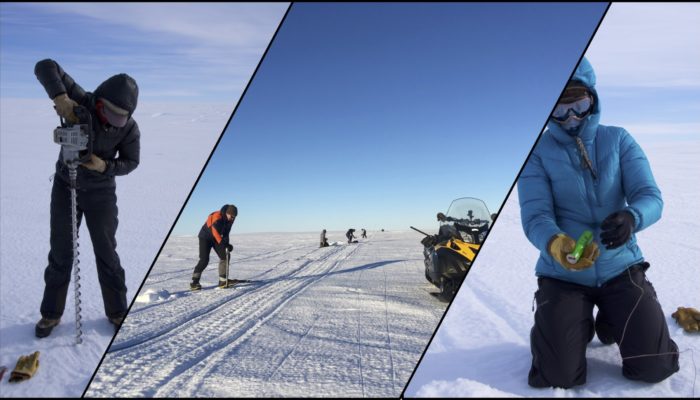Let’s talk about narcissistic abuse in academia. Many of us have become scientists out of passion and curiosity. Such mental resources are crucial in research, where working hours can get long, experiments can fail, career prospects and funding are scarce. However, even the most passionate may not withstand all of the possible difficulties thrown their way — especially workplace abuse, which may t ...[Read More]
Narcissistic abuse in academia




